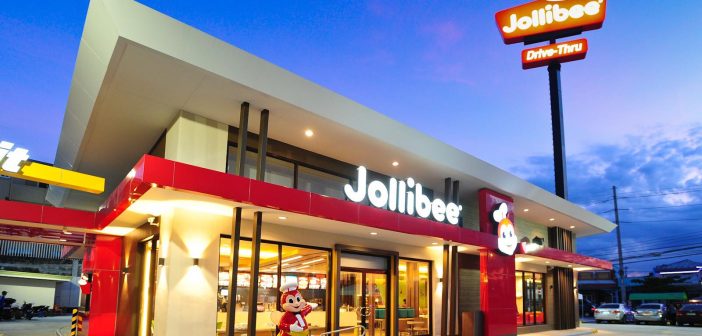India, a land of vibrant culinary traditions and a burgeoning consumer base, is surprisingly absent in the global Quick-Service Restaurant (QSR) landscape. While Western chains like McDonald’s and KFC have found immense success in India, the nation lacks a homegrown QSR giant with international presence. This gap presents a significant opportunity, not just for the Indian restaurant industry, but also for the nation’s economic growth.
The Compelling Case for an Indian QSR:
Several factors highlight the urgent need for an Indian QSR chain with global aspirations:
- Rich Culinary Heritage: India boasts a diverse and delectable culinary landscape, with regional specialties like butter chicken, biryani, and dosa holding immense global appeal. A QSR chain could capitalize on this vast repertoire, offering a taste of India to the world.
- Growing Global Indian Diaspora: With a significant Indian diaspora spread across the globe, a QSR chain could cater to their specific cravings and cultural preferences, fostering a sense of community and familiarity.
- Expanding Middle Class: India’s rapidly growing middle class, with increasing disposable incomes, is seeking convenient and affordable dining options. A QSR chain could address this demand, offering a familiar and trusted brand experience.
- Branding and Soft Power: A successful QSR chain can act as a powerful brand ambassador for India, showcasing its culinary prowess and cultural diversity on a global stage. This soft power can have a positive impact on tourism and international relations.
Learning from Jollibee: A Case Study in Success:
Jollibee, the Philippines’ iconic QSR chain, serves as a compelling example of the potential success an Indian QSR could achieve. Jollibee started as a small ice cream parlor in the 1970s but has since grown into a global giant with over 1,500 stores across the world. Its success can be attributed to several key factors:
- Adapting to Local Tastes: Jollibee meticulously adapts its menu to cater to local preferences in different countries. This includes incorporating regional ingredients and flavors, ensuring a familiar yet unique experience for customers.
- Building Brand Loyalty: Jollibee focuses on building strong emotional connections with its customers. This is evident in their mascot, “Bee,” which resonates deeply with children and families.
- Franchise Model: Jollibee leverages a robust franchise model to expand rapidly across diverse markets. This allows them to tap into local expertise and entrepreneurial spirit while maintaining brand consistency.
Economic Benefits of a Global Indian QSR:
The emergence of a successful Indian QSR chain would bring about a plethora of economic benefits:
- Job Creation: A growing QSR chain would create significant employment opportunities, both within the chain itself and in ancillary industries like food processing and logistics.
- Export Revenue: A successful global chain would generate significant export revenue, contributing to India’s economic growth and foreign exchange reserves.
- Boosting Tourism: A globally recognized brand could attract tourists to India, eager to experience the cuisine and culture it represents.
- Promoting Indian Agriculture: Increased demand for Indian ingredients and spices would benefit the agricultural sector, empowering farmers and rural communities.
The Road Ahead:
Building a successful Indian QSR chain requires strategic planning and a focus on key aspects:
- Menu Innovation: While leveraging India’s rich culinary heritage, the chain must also adapt its menu to cater to international palates and dietary preferences.
- Standardization and Quality Control: Maintaining consistent quality across outlets is crucial for building brand trust and customer loyalty.
- Franchise Model: Utilizing a well-structured franchise model can accelerate expansion and leverage local expertise in different markets.
- Building Brand Identity: Creating a strong brand identity that resonates with global audiences is essential for long-term success.
Conclusion:
The time is ripe for an Indian QSR chain to take the global stage. With its diverse culinary heritage, growing consumer base, and strategic planning, India has the potential to create a global brand that not only satisfies international appetites but also contributes significantly to the nation’s economic growth and soft power. The journey of “Curry Up!” on the world stage promises to be a delicious and rewarding one.






